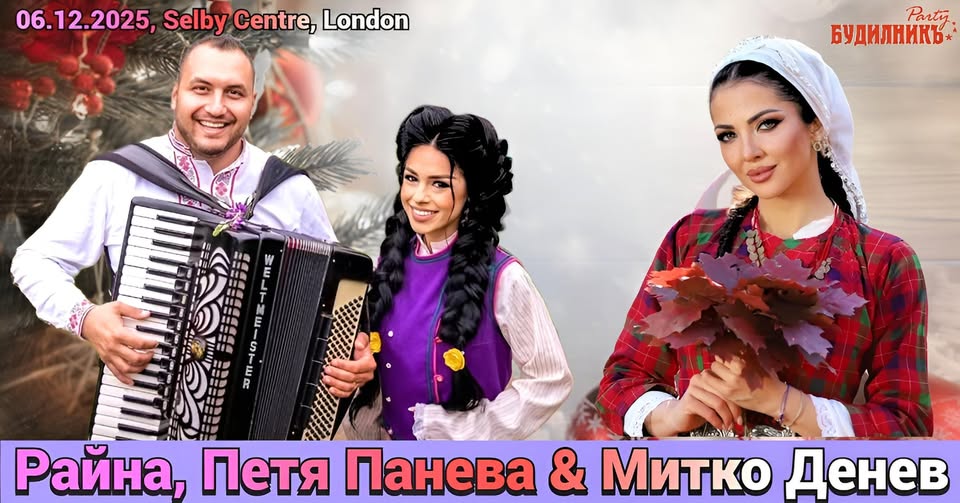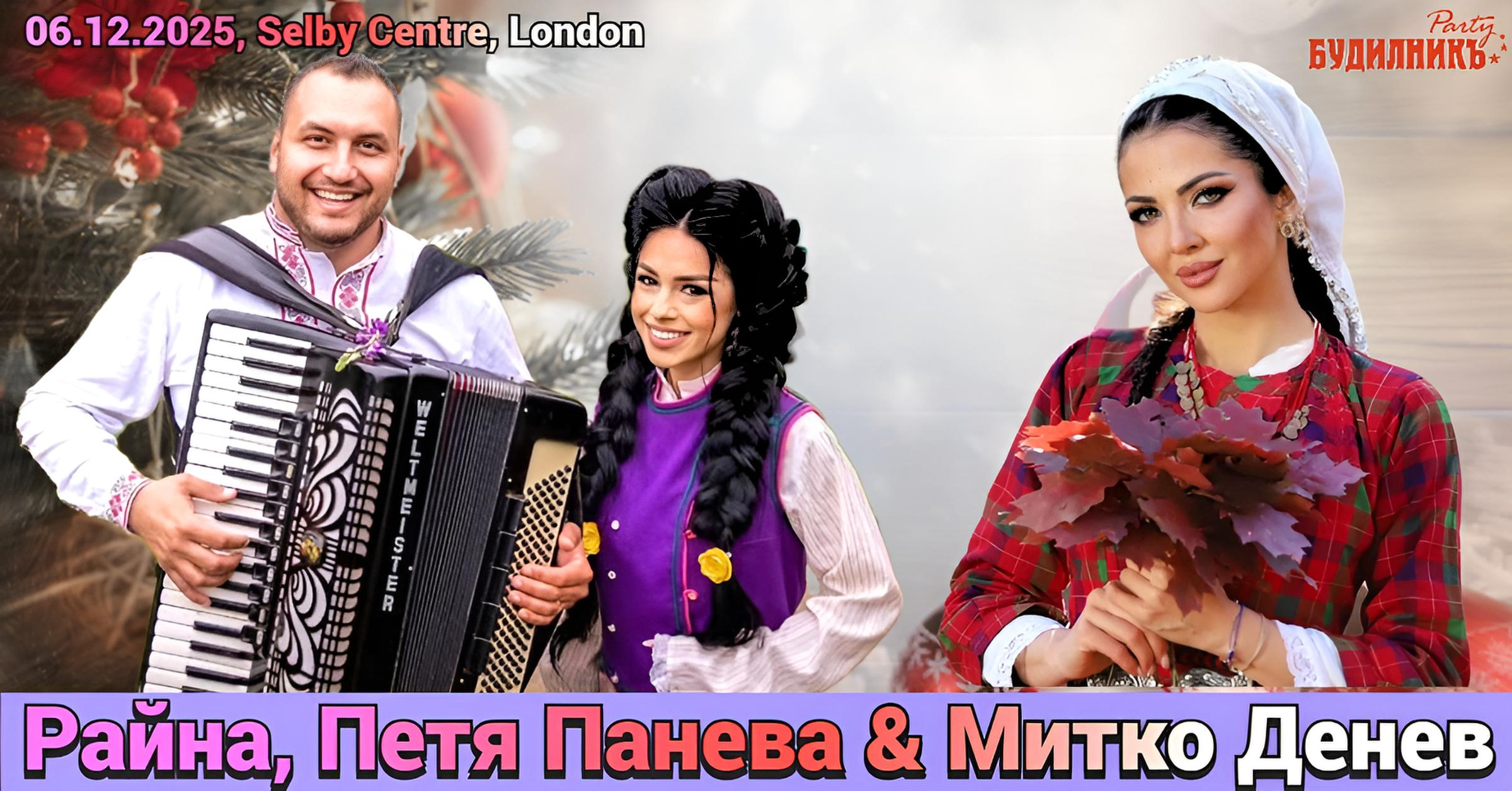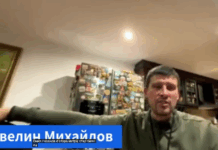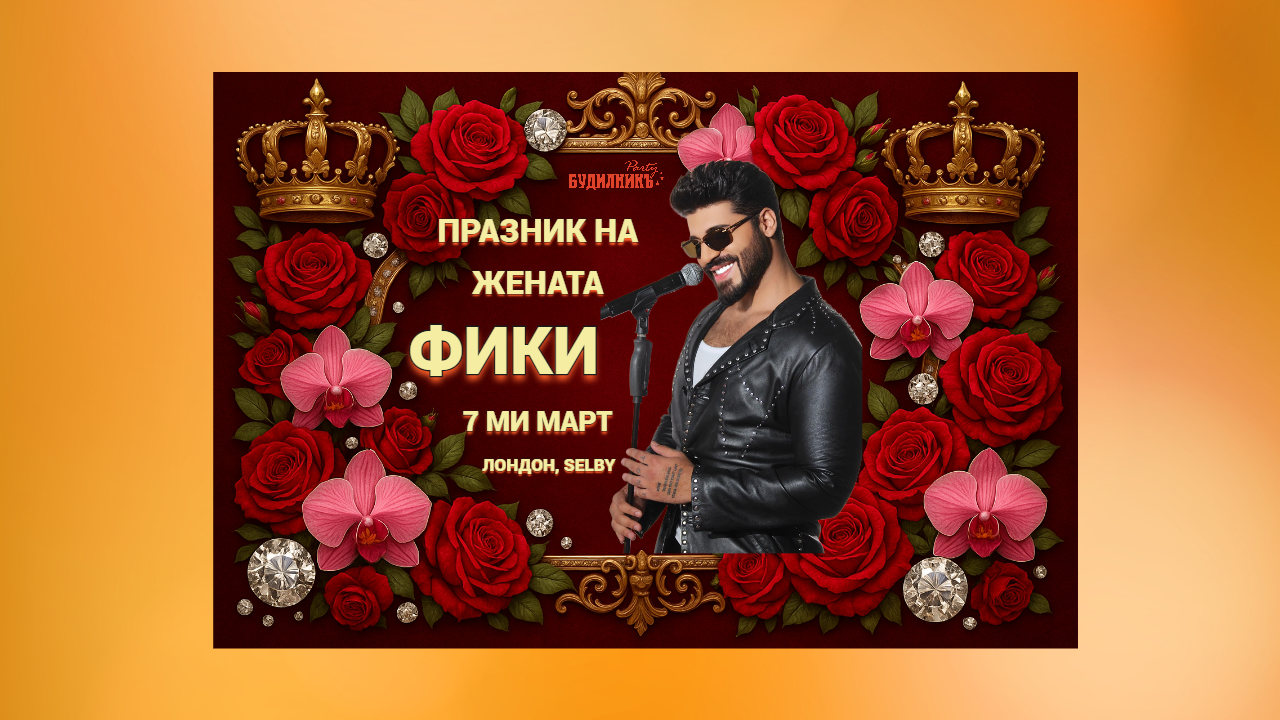By Rumyana Vakarelska
St. Peter’s day on 29.06. marked the formal end of the first ever course of this kind ‘Foundations of Christianity and East Orthodox Tradition’, organised by the ‘St. Ivan Rilsky’ Parish in London.
Fourteen graduates, almost all of them pictured without three prominent members, are all present at the photo of the last day, following an exam on the above subject the previous week.His Eminence Bishop Father Anthony of the Bulgarian Synod is going to hand in the graduate certificates on 19 October, the day we celebrate the patron of the oldest Bulgarian East Orthodox Church, St. Ivan Rislky, where many have prayed, lighten up candles and shared tears for new-born babies at Christening or marriage ceremonies, honoured deceased parents and family members or asked for blessings or school application references needed for UK’s varied church-funded system.
The ones falling in the last category know well that withstanding our Christian identity, means as well retaining our Bulgarian identity with the exception of those who share different believes, but for whom the knowledge of the Bulgarian East Orthodox religion and tradition is as important as it defines us as nation, famous also with its religious tolerance, especially since 1989, the year of the Fall of the Berlin Wall.
We often ask ourselves, why the Brits know not enough about us or just the worst. Partially it is our fault besides the negative spin on the tabloid UK press I tried myself to limit for some 20 odd years. The knowledge of who we are as a community rather than individuals could help us stand better as a well-defined community in UK’s multi-cultural society and this is what most of us took away from the course.
In the knowledge how much we have yet to learn without much hope to learn how to articulate this knowledge like our highly acclaimed course leader and lecturer, Valentin Kojuharov, an experienced academic in East Orthodox religion and tradition and in multi-culturalism, author of books, formerly from Veliko Turnovo University and currently a Bulgarian ex-pat like us, we got the best teacher to make this valuable venture a lasting success.
Course attendees’ ages varied from mid-twenties to mid-sixties and beyond with different occupations from music to construction, journalism, architecture or IT or students, but mostly people who have lived in the UK for at least five years. Notably, we had Tzena James, the Bulgarian and UK architect of the St. Ivan Rislky church, while some of the course members contributed to painting the monasteries on the Bulgarian map in the same church and the big and always notable welcome from Father Simeon and Prezvitera Lotty of ‘St.Ivan Rilsky’ Church.
Like all UK ex-pats, we seek in the UK a new life, some seek new identity, but attaining the latter is the real tough thing as we well know, as this can only be achieved successfully if one knows who they are on the first place, also showing it the wider world in right way.
Other East Orthodox denominations and all other Christian denominations in the UK seem to have established successful Sunday church schools or other forms of community structures that are supported by their church. The above course was much more than that due to the sufficiently high, easy to follow style of the course, which was also delivered to us in paper form at each lecture in the whole duration of the studies within one standard academic year.
As a nominal Christian, brought up before 1989 and Christened in my early thirties, I had two notebooks, one for the lectures, one for me, explaining my own reactions to what lived through here in the UK, including the UK’s work place, school system and foreign correspondents’ lobby, allowing me to watch closely what members of the UK society from all over the world do.
At the end, my notes merged into one notebook, the one about me and my more complete life as a Bulgarian ex-pat to the UK.
In the autumn, from October 2014, the course will continue in a more advanced stage, but two more courses, one for beginners and possibly one for young people in the UK’s school system, might make this humble beginning a steady and well-informed tradition in the UK’s Bulgarian East Orthodox community, pushing other Bulgarian parishes abroad do the same, but most of all uniting the community and making it more recognisable in the UK. It is a big job and the results will not come overnight.
The course in any any way they can, while it was organised by the established and fine musician Devorina Gamalova (dgamalova@onetel.com), while all of us contributed to the priceless hours together with questions and took part in various debates on the things we knew more or less about, also learning from each other. Such courses hardly exist in our native Bulgaria, but apparently are worth gold, while one only pays a small fee, getting coffee, biscuits and all the welcome you could get anywhere in the UK.
Learning about ourselves and our roots in a foreign country cannot be more timely and for the ones who are tempted to try this new historic venture, the door is open as the members of the first course are ‘all in’ for the next stage of learning and hopefully making history towards building a solid foundation of the Bulgarian community in the UK, which is here to stay.
***
In the knowledge that news and analysis about Bulgaria in the UK press is limited or often biased, ‘Buldilnik’ newspaper has entered a new content partnership with Rumyana Vakarelska, an established City and Whitehall journalist of Team New Europe, an editorial and public affairs consultancy in London. From now on, ‘Budilnik’ newspaper will offer on a regular basis a new English Language Page inside containing original journalistic content in print and online on key developments in Bulgaria and Britain and UK’s ex-pat life to build a higher and well-informed mutual awareness of the two countries and the viable prospects ahead of both.
The English Page will include topics about business, politics, culture and identity that are of specific interest to Bulgarian ex-pat community, also known as ‘Drugata Bulgaria’, the Other Bulgaria. The first English Language page came out in the spring, the second one is the current issue, enjoy!
May sponsors for the English Language page contact Rumyana Vakarelska by email: rumy. vakarelska@ gmail.com
















